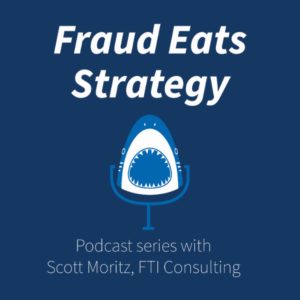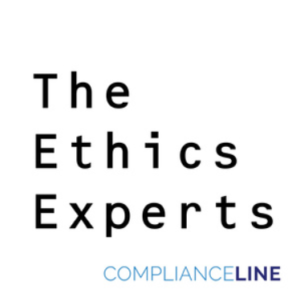
In this week’s episode, we’re going to explore the little-known area of “shadow investigations” in which accounting firms oversee internal investigations being performed by outside counsel and their forensic investigations counterparts ensuring the investigation is scoped appropriately to provide sufficient information for the audit partner to comfortably sign off on the auditee’s financial statements. Joining us are two very experienced practitioners, Cleary Gottlieb partner, Lisa Vicens, and FTI’s own Mark Grover, each of whom have worked on investigations that have been shadowed by accounting firm forensic practices.
Join us each week as we take a deep dive into the various forms of fraud across the world and discuss crime families, penny stock boiler rooms, international money launderers, narco-traffickers, oligarchs, dictators, war lords, kleptocrats and more.
Scott Moritz is a leading authority on white-collar crime, anti-corruption, and in the evaluation, design, remediation, implementation, and administration of corporate compliance programs, codes of conduct. He is also considered an authority in the establishment, training, and oversight of the investigative protocols carried out by financial intelligence, corporate security, and internal audit units.







